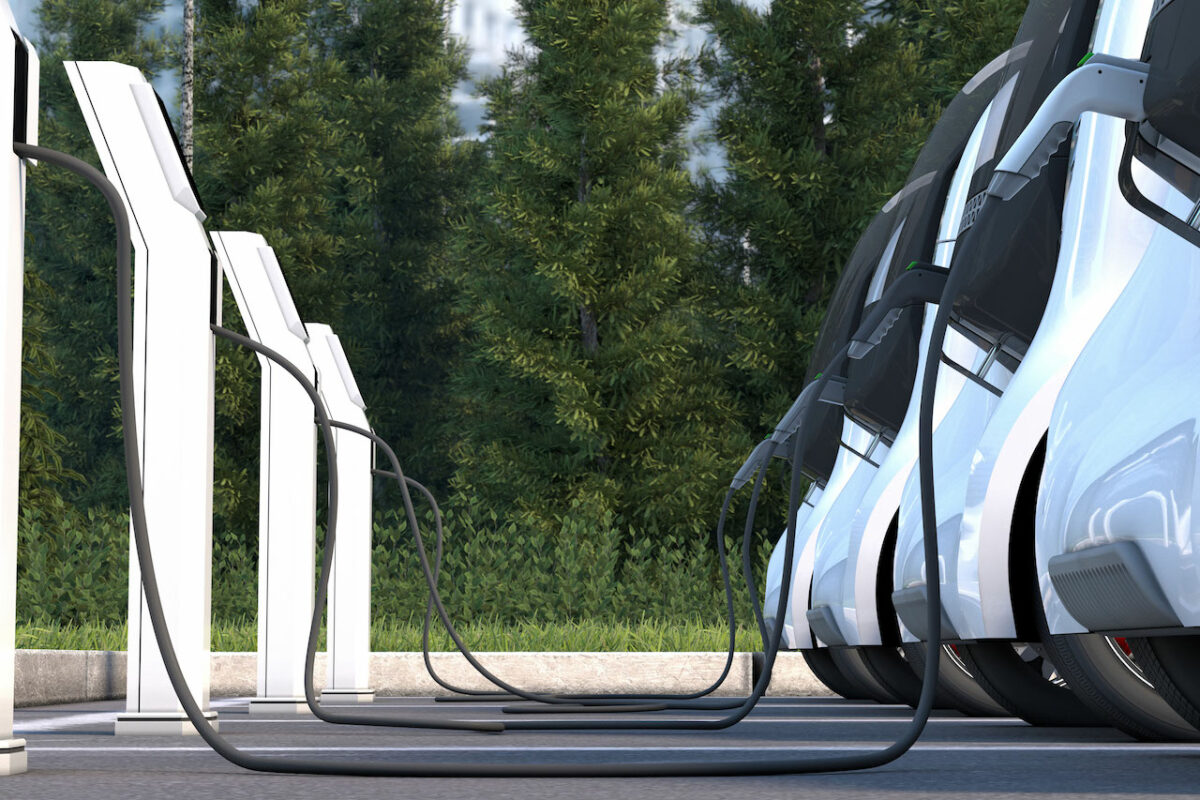As the automotive industry transitions towards smart, software-driven technologies, cyber security is an increasingly important consideration. Several measures have been put in place to help automakers and suppliers improve in this area, such as the United Nations regulations No. 155 and No. 156, due to go into effect from July 2024. These create standards for the security and software update protocols of new vehicles sold in 54 signatory countries, including EU member states, the UK, Japan, and South Korea.
Some automakers have taken independent action to better secure their vehicles against malicious actors. For example, Tesla actively collaborates with bug bounty programmes, such as Trend Micro’s Zero Day Initiative, which financially reward researchers for discovering new hardware exploits.
It’s time to log in (or subscribe).
Not a member? Subscribe now and let us help you understand the future of mobility.
Scroll
News
Magazine
Articles
Special Reports
Research
OEM Tracker
OEM Model Plans
OEM Production Data
OEM Sales Data
1 user
- News
- yes
- Magazine
- yes
- Articles
- yes
- Special Reports
- yes
- Research
- no
- OEM Tracker
- no
- OEM Model Plans
- no
- OEM Production Data
- no
- OEM Sales Data
- no
1 user
- News
- yes
- Magazine
- yes
- Articles
- yes
- Special Reports
- yes
- Research
- yes
- OEM Tracker
- yes
- OEM Model Plans
- yes
- OEM Production Data
- yes
- OEM Sales Data
- yes
Up to 5 users
- News
- yes
- Magazine
- yes
- Articles
- yes
- Special Reports
- yes
- Research
- yes
- OEM Tracker
- yes
- OEM Model Plans
- yes
- OEM Production Data
- yes
- OEM Sales Data
- yes
- News
- yes
- Magazine
- yes
- Articles
- yes
- Special Reports
- yes
- Research
- yes
- OEM Tracker
- yes
- OEM Model Plans
- yes
- OEM Production Data
- yes
- OEM Sales Data
- yes


